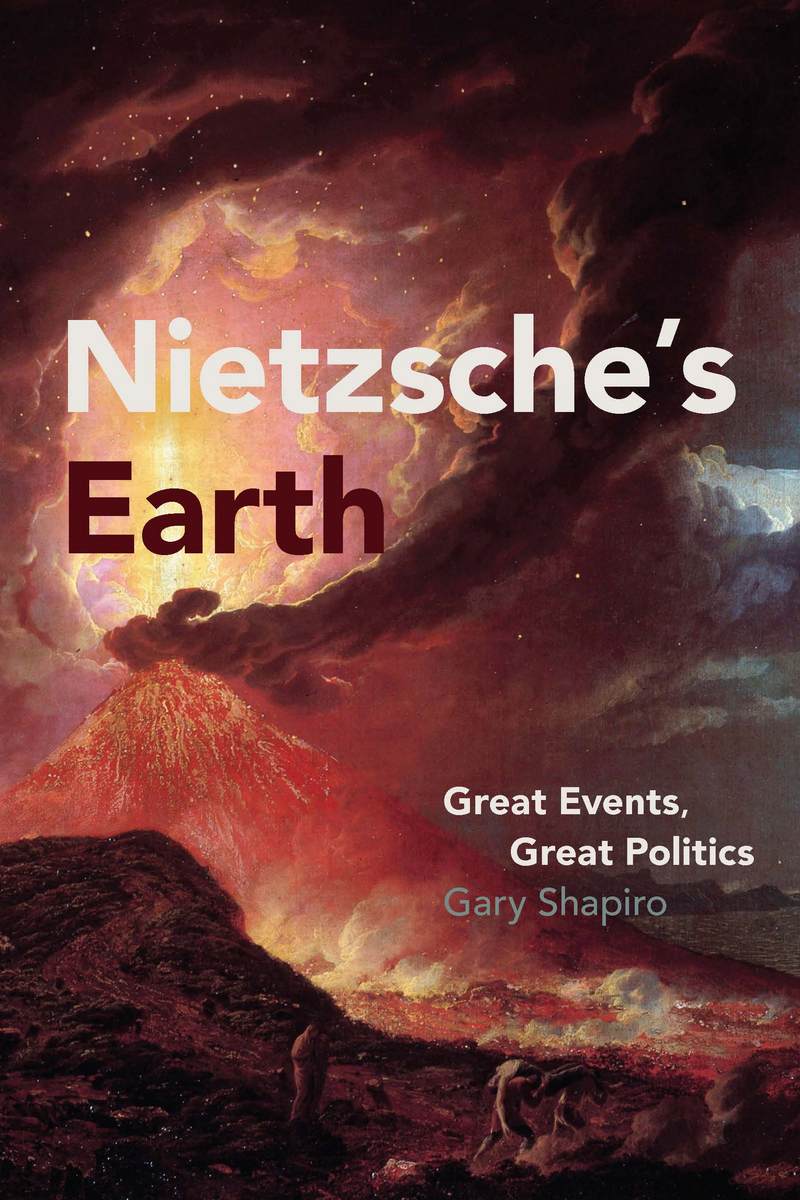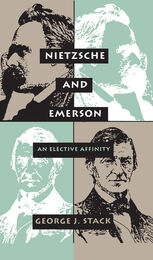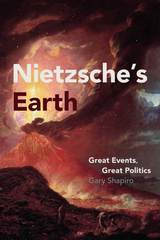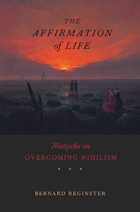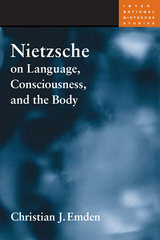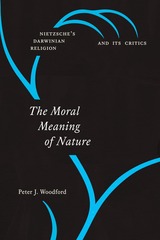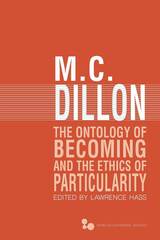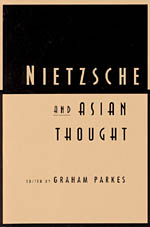Nietzsche's Earth: Great Events, Great Politics
University of Chicago Press, 2016
Cloth: 978-0-226-39445-9 | eISBN: 978-0-226-39459-6
Library of Congress Classification B3318.E27S53 2016
Dewey Decimal Classification 193
Cloth: 978-0-226-39445-9 | eISBN: 978-0-226-39459-6
Library of Congress Classification B3318.E27S53 2016
Dewey Decimal Classification 193
ABOUT THIS BOOK | AUTHOR BIOGRAPHY | REVIEWS | TOC | REQUEST ACCESSIBLE FILE
ABOUT THIS BOOK
We have Nietzsche to thank for some of the most important accomplishments in intellectual history, but as Gary Shapiro shows in this unique look at Nietzsche’s thought, the nineteenth-century philosopher actually anticipated some of the most pressing questions of our own era. Putting Nietzsche into conversation with contemporary philosophers such as Deleuze, Agamben, Foucault, Derrida, and others, Shapiro links Nietzsche’s powerful ideas to topics that are very much on the contemporary agenda: globalization, the nature of the livable earth, and the geopolitical categories that characterize people and places.
Shapiro explores Nietzsche’s rejection of historical inevitability and its idea of the end of history. He highlights Nietzsche’s prescient vision of today’s massive human mobility and his criticism of the nation state’s desperate efforts to sustain its exclusive rule by declaring emergencies and states of exception. Shapiro then explores Nietzsche’s vision of a transformed garden earth and the ways it sketches an aesthetic of the Anthropocene. He concludes with an explanation of the deep political structure of Nietzsche’s “philosophy of the Antichrist,” by relating it to traditional political theology. By triangulating Nietzsche between his time and ours, between Bismarck’s Germany and post-9/11 America, Nietzsche’s Earth invites readers to rethink not just the philosopher himself but the very direction of human history.
Shapiro explores Nietzsche’s rejection of historical inevitability and its idea of the end of history. He highlights Nietzsche’s prescient vision of today’s massive human mobility and his criticism of the nation state’s desperate efforts to sustain its exclusive rule by declaring emergencies and states of exception. Shapiro then explores Nietzsche’s vision of a transformed garden earth and the ways it sketches an aesthetic of the Anthropocene. He concludes with an explanation of the deep political structure of Nietzsche’s “philosophy of the Antichrist,” by relating it to traditional political theology. By triangulating Nietzsche between his time and ours, between Bismarck’s Germany and post-9/11 America, Nietzsche’s Earth invites readers to rethink not just the philosopher himself but the very direction of human history.
See other books on: 1844-1900 | Earth (Planet) | Nietzsche, Friedrich Wilhelm | Shapiro, Gary | World politics
See other titles from University of Chicago Press
